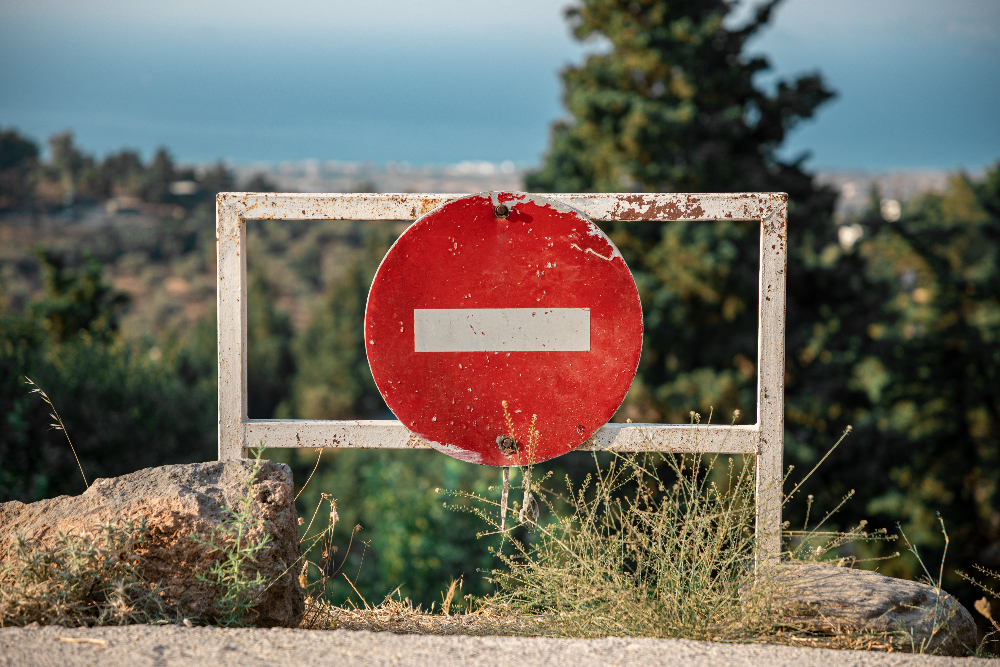
Recently, I discussed the main cyber threats that pose a danger to Armenian news outlets and journalists. However, some of the consequences of such attacks may go unnoticed. Using spyware like Pegasus or Predator to spy on journalists often has no visible consequences, particularly when it is done by special services, for example, Azerbaijani.
But there are cases when the damage is evident. Specifically, this refers to issues related to the Facebook page or YouTube channel, a social network platform that a news agency or journalist has grown and expanded over the years and has a large following.
Let’s examine the main reasons for losing a social network page. After dealing with dozens, if not hundreds, of CyberHUB cases, we’ve identified a few main reasons that lead to serious consequences for editorials.
A. Avo’s case is one of the most common in Armenia, with nearly every media outlet dedicating materials to Monte. However, the problem still needs to be solved, and a media outlet can lose access to its page for a post written years ago; it may be blocked on Facebook, Instagram, or the newly created Threads platform by Meta.
The page may be permanently blocked for using Monte’s picture or name. If you encounter such a situation, don’t hesitate to contact us.
B. News outlets sometimes violate copyright rules, especially with music in videos. They often fail to research whether the music is for free use or protected by copyright.
C. Various errors associated with page admins. Page administrators often lack digital security training, leading to different errors. Hence, they fall victim to the most primitive phishing attacks, giving away their account passwords and losing personal accounts and the associated social media pages.
Additionally, admins sometimes fail to activate two-factor authentication, which leads to the inevitable loss of pages.
D. Recently, we have been experiencing more advanced attacks on pages where hackers easily bypass two-factor authentication.
The problem occurs when hackers infect the computer managing a news outlet’s website or YouTube channel with malware. Afterward, hackers use remote tools to access the platform from the given computer and manage the accounts. However, platforms like YouTube or Facebook may not detect anything suspicious when the account is accessed from the same computer the editorial office uses daily.
Editorial offices often use outdated computers that lack proper protection, making them vulnerable to viruses – a fact hackers exploit successfully daily.
We can generalize from these cases that editorial offices often bogged down in mixed work processes, fail to follow basic digital hygiene rules, resulting in serious consequences. Losing presence on social networks is especially detrimental for Armenian media outlets since their audience is mainly on those platforms.
Samvel Martirosyan
The views expressed in the column are those of the author's and do not necessarily reflect the views of Media.am.

Add new comment
Comments by Media.am readers become public after moderation. We urge our readers not to leave anonymous comments. It’s always nice to know with whom one is speaking.
We do not publish comments that contain profanities, non-normative lexicon, personal attacks or threats. We do not publish comments that spread hate.